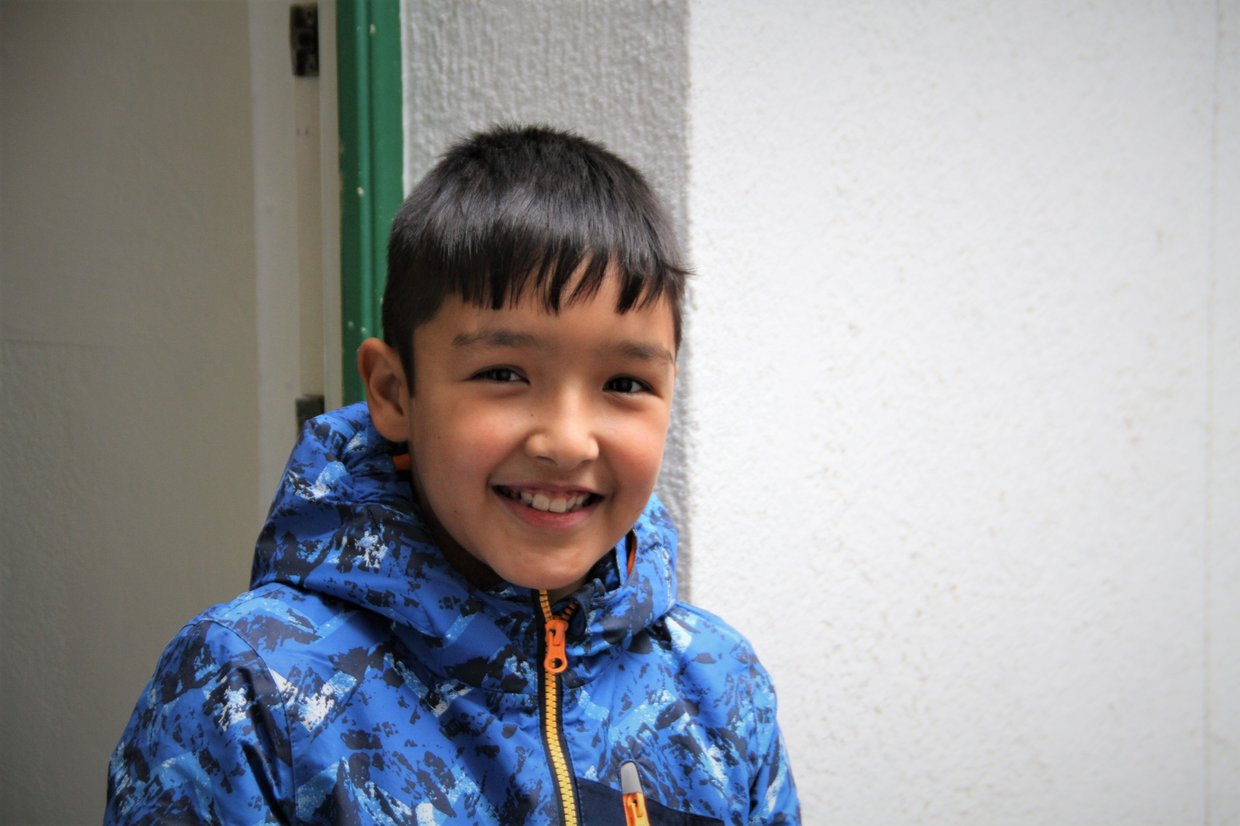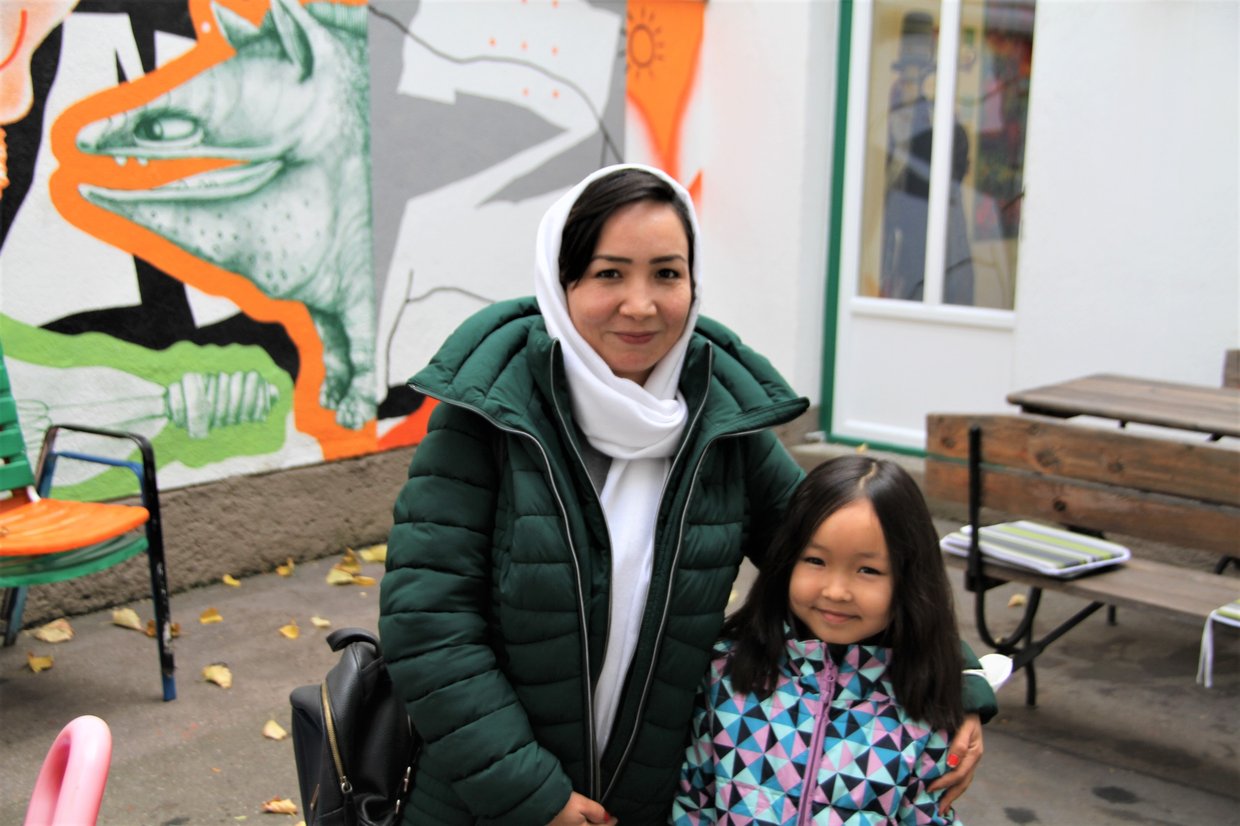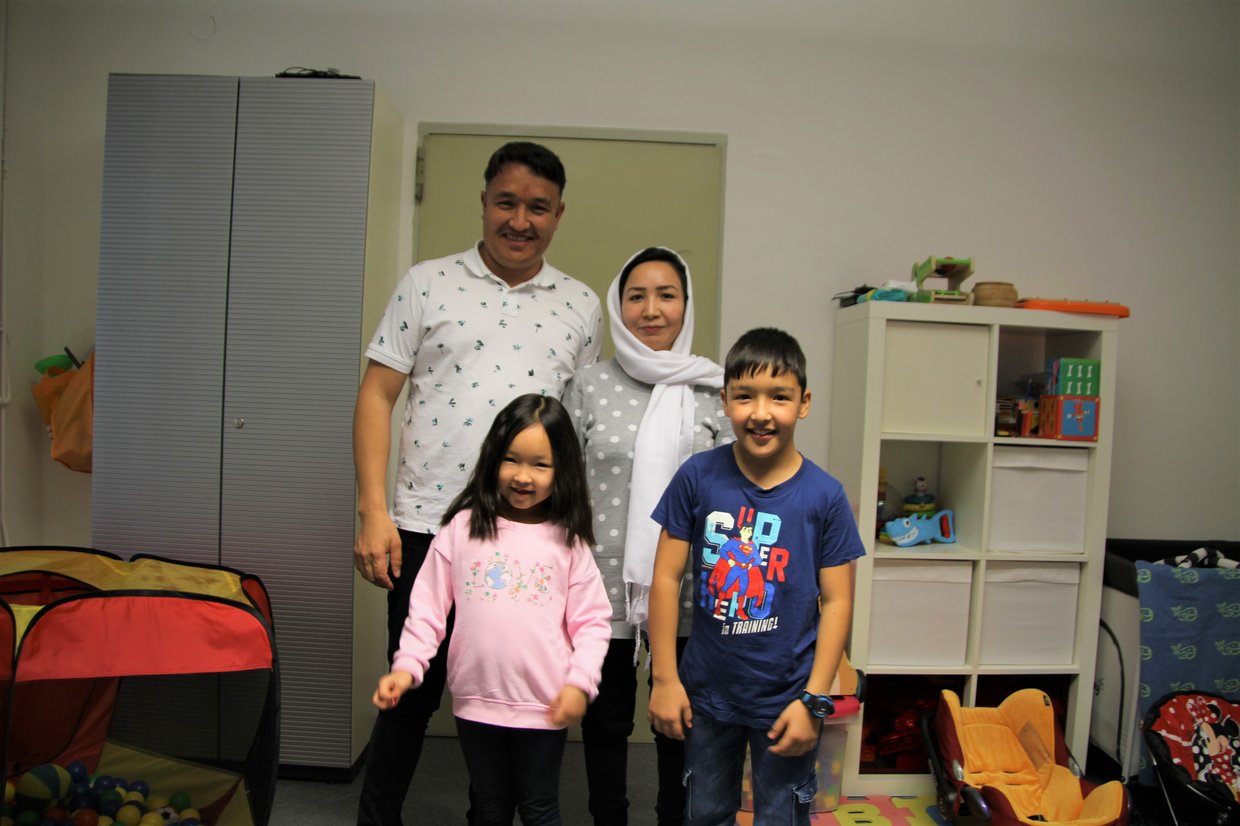#concordiastories - The story of the Nazari family
For six years now, the LenZ Learning and Family Centre has opened its doors to children, young people and families with a refugee and migration background in Vienna. The story of the Nazari family is one of many that show us again and again how important it is that these doors are open.

For six years now, the LenZ Learning and Family Centre has opened its doors to children, young people and families with a refugee and migration background in Vienna.
The story of the Nazari family is one of many that remind us again and again how important it is that these doors are open. Public institutions alone are not enough to meet the support needs of families with refugee experience.
Education, and thus the school system, is the linchpin for integration and participation in the Austrian majority society. However, the given resources at schools leave behind hopelessly overburdened teachers and children who cannot cope with their learning deficits on their own, nor can they expect help from home.
The language barrier is one of the major stumbling blocks. The eldest son of the Nazari family's three children, Masud*, barely understood a word of German when he started school here in Vienna, was overwhelmed, sad and frustrated. The few free support services were fully booked. But his parents persisted until they found the LenZ Lernbetreuung offer and registered their son. Masud has always been an inquisitive interested learner, he just needed a little more attention to quickly reduce his language deficits so he could follow lessons. For adults, it is a matter of waiting for a language course and a work permit after receiving the asylum decision.
Often, precious years of waiting pass, with after-effects of flight, uncertainty and psychological stress.This was the case for the Nazari family. They waited almost three years for their positive asylum decision. The accommodation they lived in was in Texing, Lower Austria. "Fortunately, that time seems a long time ago now," Mr Nazari says. "We live in the here and now. Our children go to school, and we are happy and grateful to be able to live in Austria." The Nazari couple were denied the opportunity to go to school in Ghazni, Afghanistan.
In 1998, the Taliban came to power for the first time, and a short time later Mr Nazari went to school for the last time. He was 10 years old at the time. A noticeable scar on the back of his head still reminds him of it today. On one day, he had not covered his head with the traditional turban. The Taliban mullah punished him with several blows to the back of the head. From then on, he hid and helped his father, who was later killed by the Taliban.

Ms Nazari is 29 years old and is currently attending an A2 course. For her, as for many Afghan women, it is difficult. She has so much to catch up on, she says.
In Austria, she learned the alphabet for the first time. Her personal goal is to get her driving licence and work as a saleswoman. It is often very hard to realise that the qualifications she brought with her often do not have the same value in the new society as they did in her home country, and that many things have to be learned and experienced differently and from scratch. It usually takes a lot of time for those affected to actually be able to exercise their rights to education and equal opportunities. For the Nazari family, things are going well today after many years of trepidation. Mr Nazari has found a job in a warehouse for metal parts, speaks very good German and is happy for his wife that she has opportunities here in Austria as a woman that were denied her in her previous life. She also comes to LenZ to practise German and to exchange ideas.
For many families, the LenZ is the only place to talk to German-speaking Austrians without stress. The fact that there is always something going on here is also thanks to the many volunteers in the learning support. Week after week, they take time for the children and often whole families and give them their attention. Often this leads to exchanges on several levels, and sometimes also to sincere friendships for life.It remains challenging, however, for the volunteers and staff, but above all for those affected. Building a completely new life requires great commitment and a lot of luck. Conversely, our team at LenZ considers it their great good fortune to meet people who achieve incredible things despite numerous hurdles, setbacks and traumatic experiences. They see how these people discover new potential in themselves and grow from it.
Since the outbreak of the pandemic, pupils with refugee experience in particular have been at great risk of falling behind, finding it difficult or impossible to catch up on their learning and possibly losing several years of schooling as a result. However, extracurricular activities are also of great importance for them in "normal times" and create opportunities to promote integration. That makes a lot of difference. A difference that is groundbreaking for the future of children and young people.
*Names changed.


